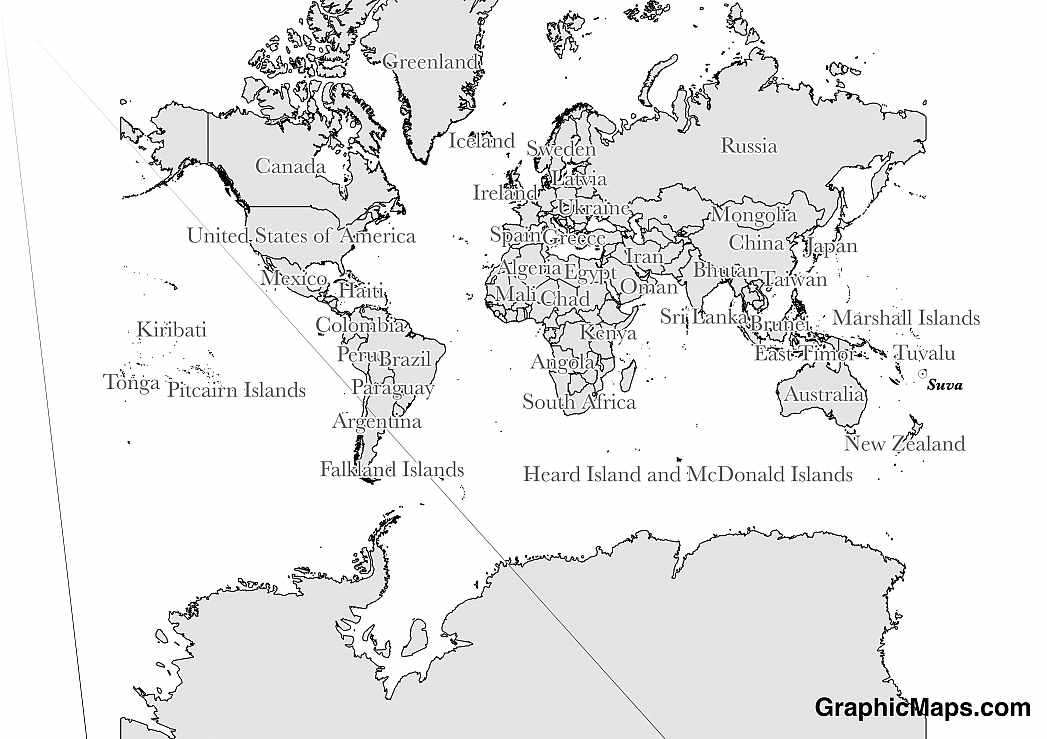Where is Fiji?
Located in Oceania, Fiji is an island nation. It has a 1,129.00 km coastline.
The capital and largest city of Fiji is Suva which is located on the south eastern coast of the island of Viti Levu. It was built on a hilly peninsula which juts out into the ocean. The city serves not only as the administrative capital of Fiji but also an important economic and cultural hub which is a popular vacation destination for tourists visiting from around the world. Including the entire metropolitan area, Suva is home to an estimated 175,399 citizens. Major attractions in Suva include the Suva City Library, Fiji Museum, as well as a large array of entertainment venues including bars, restaurants, and nightclubs. Suva has a tropical rainforest climate. The city experiences plenty of rain on a year round basis with an average annual amount of 118.11 inches.
Read more on Fiji's CapitalFiji is an Oceanian country covering 18,274.00 km2. This makes it the 44th smallest country in the world and slightly smaller than New Jersey. Its geographic coordinates are 18 00 S, 175 00 E and Suva is the capital city.
The name Fiji is thought to be an anglicization of the word "Viti".
Its ISO code is FJ.
Geography
Fiji has a mean elevation of 0 m above sea level.
It has a tropical marine climate with some seasonal temperature variation. Its terrain consists mostly of mountains of volcanic origin.
Population
Fiji has a population of 915,303 making it the 160th largest in the world.
English and Fijian are official languages. The majority ethnic groups reported are iTaukei, Indian and Rotuman. The majority of the population is Protestant Christian, with a significant Buddhist minority.
Fiji has three official languages: Fijian, English, and Fiji Hindi (or Hindustani). Fijian was officially proclaimed as being one of the archipelago’s official languages according to its 1997 Constitution. Approximately 350,000 consider this indigenous language to be their mother tongue while another 200,000 cite it as a second language. Fiji Hindi is an Indo-Aryan language largely brought to Fiji by Indians who travelled there in the late 19th and early 20th centuries.
Read more on Fiji's LanguagesThe dialing code for the country is 679.
Government
Fiji is an independent country. It gained independence from the United Kingdom in 1970. Its constitution was last ratified in 2013.
Fiji is a parliamentary constitutional republic with a President as its head of state and a Prime Minister as the head of the government. The islands are made up of four divisions and fourteen provinces. The administrative business of Fiji’s government is conducted in the Government Building in the capital city of Suva. The President’s official residence is a Georgian mansion built in 1928 known as Government House. Fiji has held ten general elections since gaining its independence from the United Kingdom. Members of Parliament serve for a period of four years. Voters have an array of political parties to choose from including FijiFirst and Soqosoqo Duavata ni Lewenivanua (or the United Fiji Party).
Read more on Fiji's GovernmentEconomy
Factoring in Purchasing Power Parity, Fiji's GDP is $8,374,000,000.00 (USD) with $9,400.00 (USD) per capita. This makes it the 161st largest economy and its citizens the 138th richest in the world. The currency of Fiji is the Dollar (FJD).
Its major export partners are the United States, Australia, and Samoa. Its main exports are sugar, garments, gold, and timber. Its major import partners are China, South Korea, and New Zealand. Its major imports include manufactured goods, machinery and transport equipment, and petroleum products.
Flag
Fiji’s official flag has remained virtually the same since the island's days as a British colony. It features a light blue background with a large Union Jack in its upper hoist side corner. The other main featuret, a shield, includes elements taken from Fiji’s coat of arms. These images, which include cocoa, banana fruit, and sugar cane, are direct references to the archipelago’s rich agricultural industry. The dove on the flag is an obvious peace symbol while the lion is a traditional symbol of the United Kingdom. Fiji’s official flag was adopted on October 10, 1970. Prior to becoming a British colony Fiji flew a blue and white flag featuring a red shield. Despite political calls for a new flag design without the Union Jack, Fiji’s flag hasn’t changed since becoming a republic in 1987.
Read more on Fiji's FlagThis page was last modified on February 6th, 2018
More on Graphicmaps
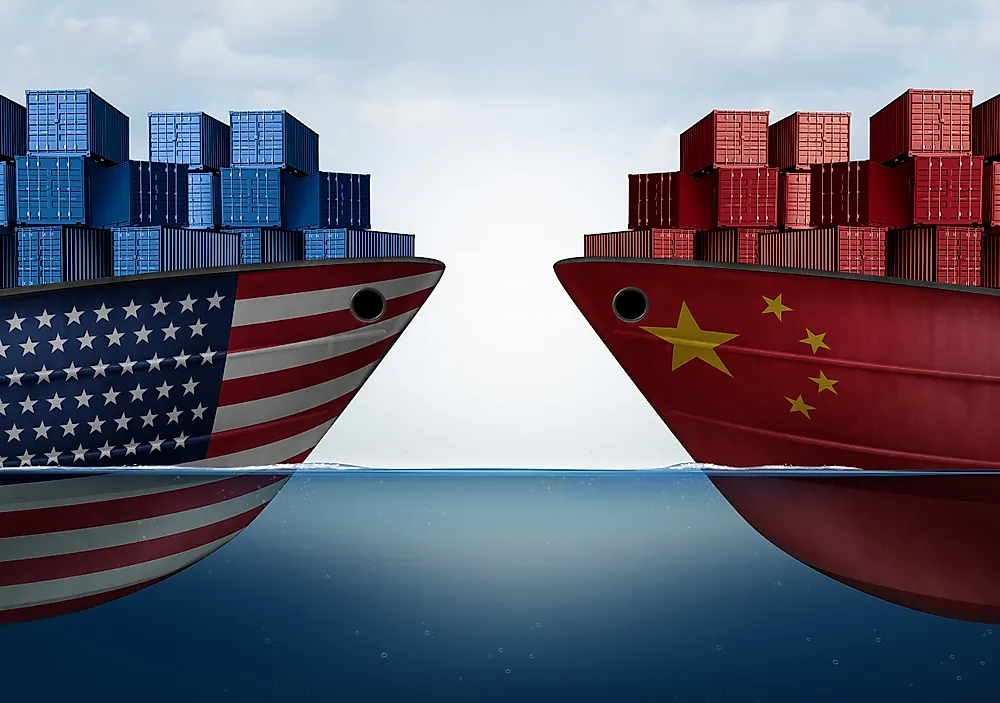
Published on 2019-11-06
What is a Trade Embargo?
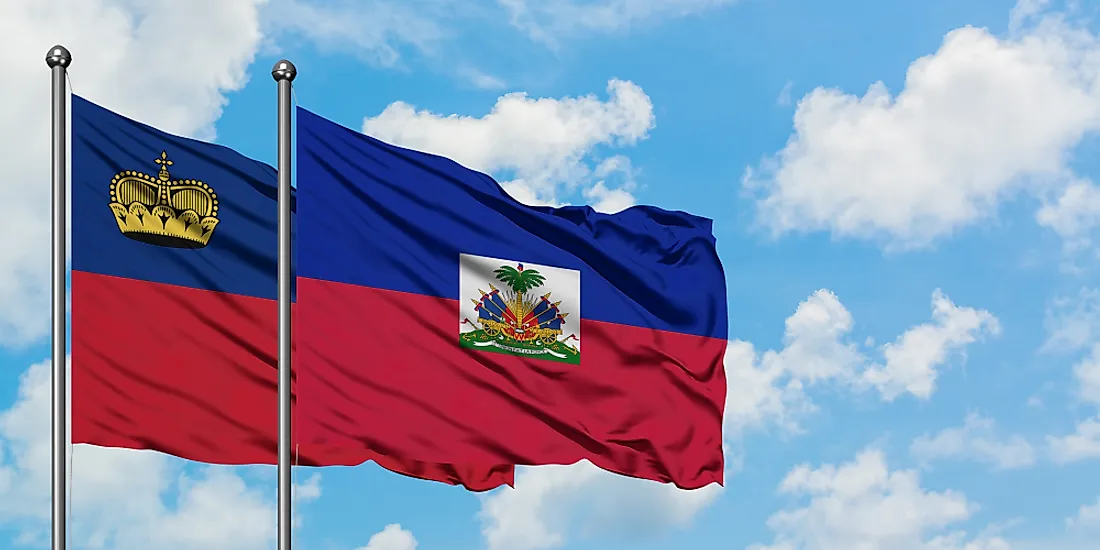
Published on 2019-11-04
Which Two Countries Used to Have the Same Flag?

Published on 2019-09-16
What Is the Only Two-Sided State Flag?
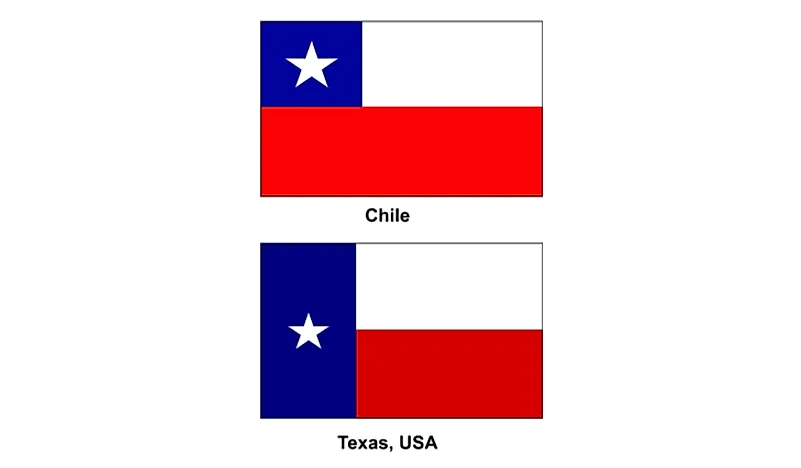
Published on 2019-09-16
Which Country Flag Looks Like the Texas Flag?
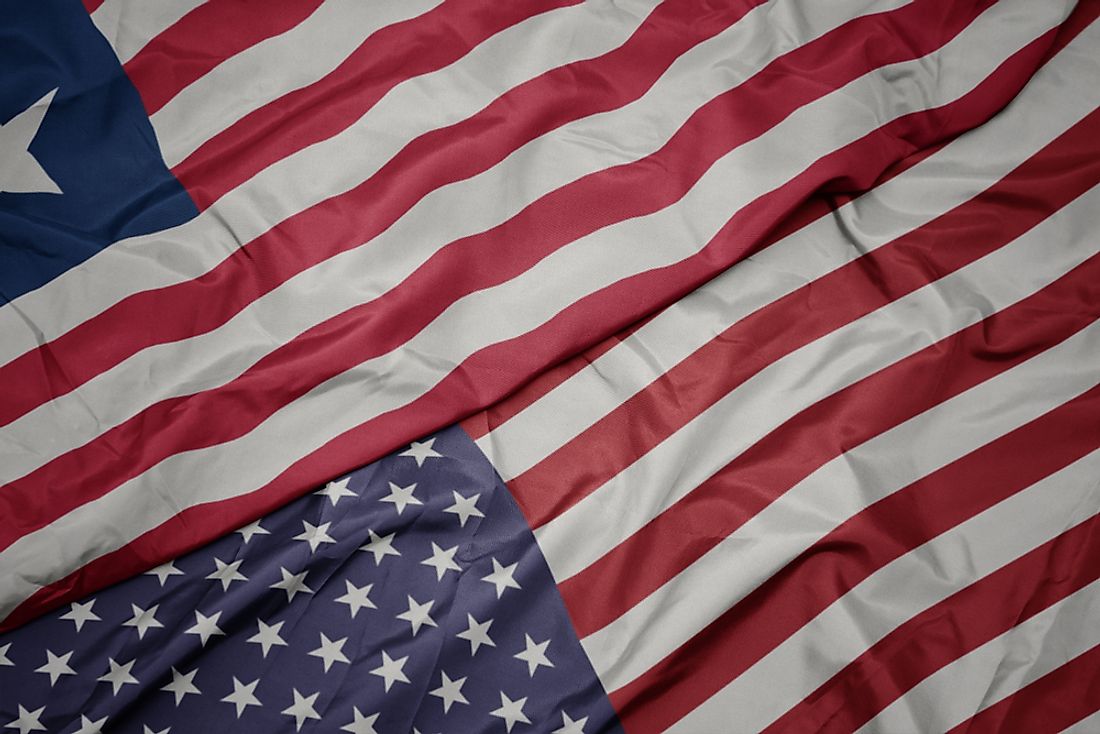
Published on 2019-08-29
Flags That Resemble the US Flag
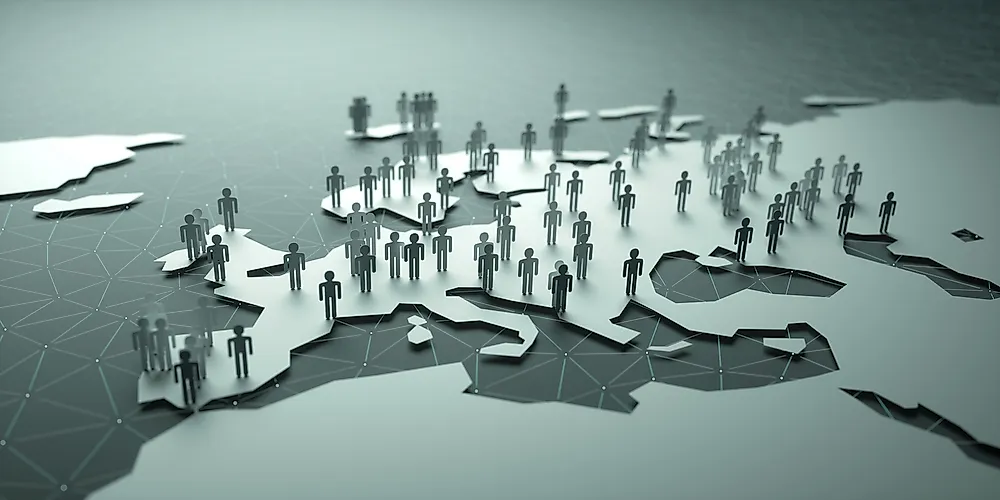
Published on 2019-08-20
